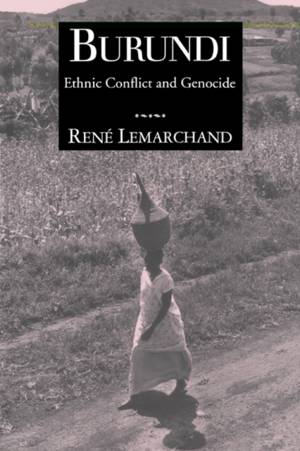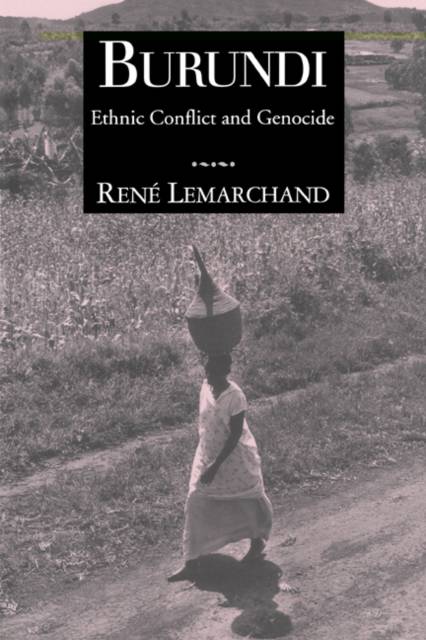
Bedankt voor het vertrouwen het afgelopen jaar! Om jou te bedanken bieden we GRATIS verzending (in België) aan op alles gedurende de hele maand januari.
- Afhalen na 1 uur in een winkel met voorraad
- In januari gratis thuislevering in België
- Ruim aanbod met 7 miljoen producten
Bedankt voor het vertrouwen het afgelopen jaar! Om jou te bedanken bieden we GRATIS verzending (in België) aan op alles gedurende de hele maand januari.
- Afhalen na 1 uur in een winkel met voorraad
- In januari gratis thuislevering in België
- Ruim aanbod met 7 miljoen producten
Zoeken
Omschrijving
This book situates Burundi in the current global debate on ethnicity by describing and analyzing the wholesale massacre of the Hutu majority by the Tutsi minority. The author refutes the government's version of these events that places blame on the former colonial government and the church. He offers documentation that identifies the source of these massacres as occurring across a socially constructed fault-line that pitted the Hutu majority's use of ethnicity as an instrument for the achievement of majority rule in parliament against the Tutsi minority's use of ethnocide to gain hegemony. By analyzing the roots of ethnicity conflict, the author derives institutional and other formulae through which conflict among the primary groups in Burundi--and elsewhere--may be mitigated. Published in cooperation with the United Nations Research Institute for Social Development (UNRISD).
Specificaties
Betrokkenen
- Auteur(s):
- Uitgeverij:
Inhoud
- Aantal bladzijden:
- 248
- Taal:
- Engels
- Reeks:
Eigenschappen
- Productcode (EAN):
- 9780521566230
- Verschijningsdatum:
- 26/01/1996
- Uitvoering:
- Paperback
- Formaat:
- Trade paperback (VS)
- Afmetingen:
- 155 mm x 228 mm
- Gewicht:
- 367 g

Alleen bij Standaard Boekhandel
+ 86 punten op je klantenkaart van Standaard Boekhandel
Beoordelingen
We publiceren alleen reviews die voldoen aan de voorwaarden voor reviews. Bekijk onze voorwaarden voor reviews.









